

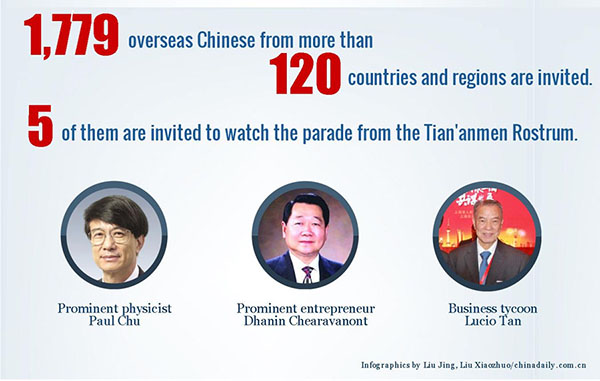
Dr Paul Chin-wu Chu, professor, founding director and chief scientist at the Texas Center for Superconductivity at the University of Houston, is one of the five overseas Chinese in the world - and the only one in the US - invited to view the military parade on Sept 3 from the upstairs of Tiananmen Rostrum in Beijing celebrating victory in WWII.
Chu said that he accepted the invitation to attend the celebration marking the 70th anniversary of the end of World War II and the victory in China's war of resistance against Japan a couple of months ago.
"I happened to need make a research trip to Shanghai at the same time, so I incorporated it into my schedule," said Chu.
The invitation to ascend to the top of the Tiananmen Rostrum to view the military parade came as a complete surprise to Chu. "I was in Geneva when a student of mine forwarded me the news, I am not sure why I was selected but I feel honored," Chu told China Daily.
Chu is a well-known physicist for his discovery of higher temperature superconductors and has been nominated for a Nobel Prize. His discovery led to a legendary event in science known as the "Woodstock of Physics" in 1987, when scientists mobbed the New York Hilton and presented papers on superconductors until 3 in the morning.
Over the years, Chu has continued to work in superconductor research and has been active in joint research efforts with scientists in Chinese mainland, Hong Kong and other nations. He also served as president of Hong Kong University of Science and Technology from 2001 to 2009 and helped build it into a leading research university.
Chu's father was a pilot in the Chinese air force during World War II. "My father was a pilot in the US when Japan invaded China," Chu said. "He made speeches and did fundraising to muster support for China. Then, he and 12 pilot buddies went back to China together to join the air force to fight Japan in late 1930s," said Chu.
Chu's father was stationed at the air force base in Nanchang, Jiangxi province. Since he was the only son of the family, his mother insisted on his working on the ground. He stopped flying after a while and managed to survive the war. Sadly, all 12 of his pilot buddies were killed in the fighting.
"I listened to those WWII stories growing up, it's a very important part of their history," said Chu. "China fought hard to win the war against Japan, the victory didn't come easy. I am very happy to see a stronger China."
Chinese Consul General Li Qiangmin said that Chu, a member of Chinese Academy of Sciences, has dedicated decades of his life to superconductor research and achieved remarkable results.
"Chu also cares about the development of his birth country and has made great contributions to the friendly cooperation between China and the US. I congratulate him on receiving the honor representing all overseas Chinese in the US to view the WWII victory military parade from the top of Tiananmen Rostrum," said Li.
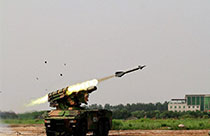 'Enemy planes' intercepted by Hongqi-7B air-defense missiles
'Enemy planes' intercepted by Hongqi-7B air-defense missiles Blind date with bikini girls in Nanjing
Blind date with bikini girls in Nanjing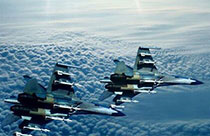 Amazing photos of Chinese fighter jets
Amazing photos of Chinese fighter jets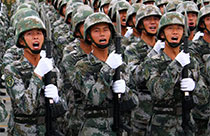 Chinese soldiers participate in training for V-Day parade
Chinese soldiers participate in training for V-Day parade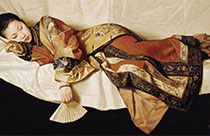 Painting: Lonely women in Forbidden City
Painting: Lonely women in Forbidden City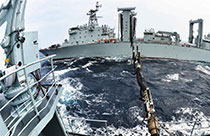 China and Russia hold joint drill in Sea of Japan
China and Russia hold joint drill in Sea of Japan 'Goddess' in Taiwan McDonald's
'Goddess' in Taiwan McDonald's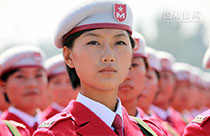 Female soldiers at military parades
Female soldiers at military parades Photos of campus belle doing splits go viral
Photos of campus belle doing splits go viral Going down again
Going down again Trump’s war of words needn’t be one way
Trump’s war of words needn’t be one way WWII photos blended seamlessly into modern-day Berlin
WWII photos blended seamlessly into modern-day Berlin Tianjin residents struggle to return to normality after disaster
Tianjin residents struggle to return to normality after disasterDay|Week